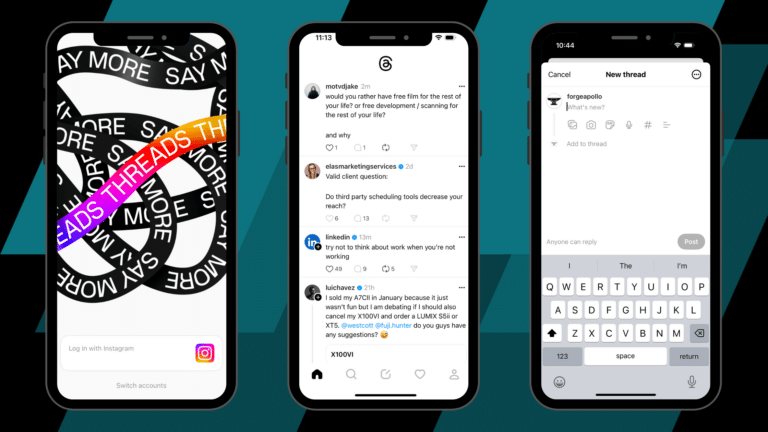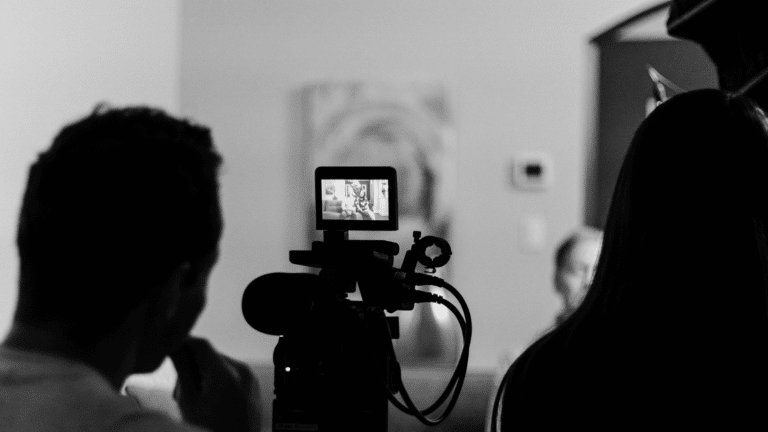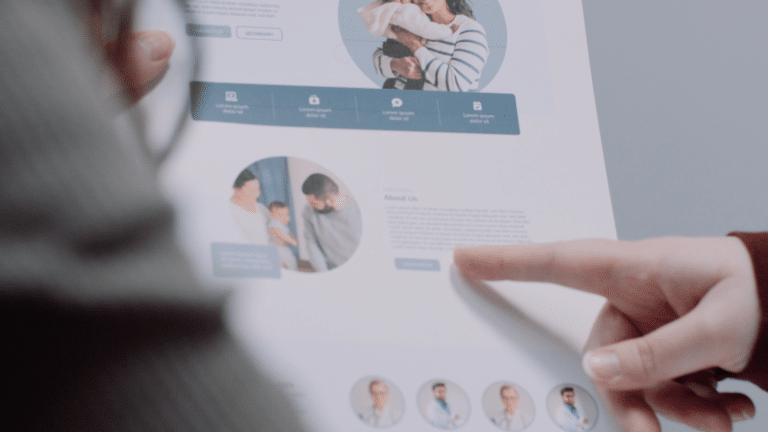Violating copyright laws can lead to hefty fines and legal trouble that no brand wants to deal with. Understanding video ownership and licensing before using assets in brand marketing campaigns is important.
In this article, Forge Apollo’s Philadelphia-based video production team covers the important aspects of content licensing and why we choose to license our videos in perpetuity instead of providing full ownership.
What is Content Licensing?
Copyrights supply ownership for creative work, like videos, to help protect creators from having their assets stolen. However, especially in the case of video copyright, the multiple assets that comprise a video make copyright and usage more complicated.
This is where content licensing comes into play. A content license is an agreement between a copyright holder and a third party that states that the third party can use an asset under certain conditions.
All aspects of a video have their own rights, and there are also the rights to use the video as a whole.
Using Licensed Content in Video Production
Consider all the aspects that create a video–the footage, audio, on-screen talent, visual aids, etc. Every asset has its own licensing needs.
Footage
When a video production company films a video for you, be sure you know who owns that raw footage. Does the videographer, production company, or your brand own that footage? This is important if you ever want to use that footage for a future project.
At Forge Apollo, for example, we provide ownership of the raw footage to the client.
Stock Imagery
In addition to raw footage, editors may use stock elements in a video. The most obvious one is stock footage, which can also include animation templates, editing tools, and more that speed up your video’s production time (and lower the cost).
Whoever subscribes to the stock library or purchases the stock elements is the one who holds the license to use that content. Unless a brand purchases these assets on its own, the license is in the name of its video production company.
Music & Audio Clips
Like stock imagery, using music and audio clips from stock libraries requires a license. Again, whoever subscribes to these libraries or purchases the audio clip is the entity that holds the license. So, unless your brand does this yourself, the license is in your video production partner’s name.
Talent
Actors
When working with on-screen actors, there are usage rights to consider. Whoever owns the video needs to have a direct talent agreement with the actors.
Voice-Over
Talent rights for voice-over talent are more tricky because of the programs video producers use to find voice talent. For example, Forge Apollo uses programs like Fiver to source multiple voice-over options that our clients can choose between. With this approach, whoever holds that account holds the license to use that content.
There is also the option to sign an agreement directly with a voice-over artist, but this limits the talent pool.
Licensing in Perpetuity vs Providing Full Ownership
When a video production company in Philadelphia or another area produces a video for a brand, they can provide either full ownership (the copyright) or a license for the brand to use the video in perpetuity (forever).
As a standard, Forge Apollo provides a license for our clients to use the video in perpetuity because we hold the licenses for the assets in our videos. It can slow production, increase cost, and increase liability to have the clients own these licenses directly.
For example, to achieve full ownership, the client would need to purchase stock and audio assets directly, which can slow the production process and may increase the video cost. They would need to organize and maintain their own agreements with on-screen talent and may lose out on a talent pool of voice-over actors.
Overall, providing the license to a video in perpetuity instead of full ownership provides an easier, more cost-effective video with the ability to use the video as the brand pleases.
Partners Who Understand Video Licensing
When considering video production in Philadelphia or other areas, choose a partner who understands content licensing and video licensing. This is vital to ensure your brand doesn’t face legal issues from a simple video license mistake. Contact us today to learn more about our video licensing practices or discuss your video idea.







